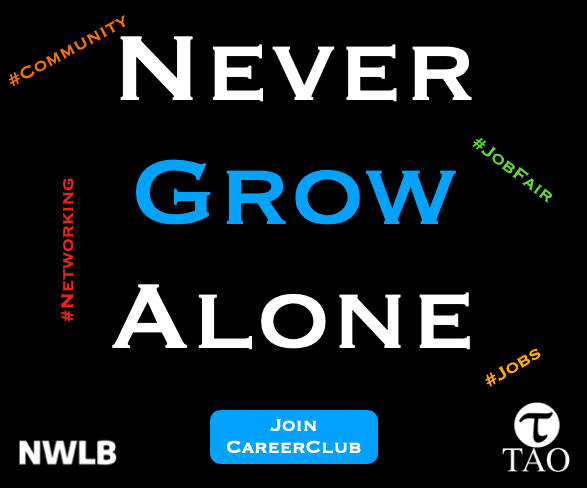In an era where the average tenure of an employee is dwindling and the quest for purpose-driven careers is ascending, companies are rapidly recognizing the paramount significance of their brand culture. It is the heartbeat of an organization, pumping life through its corridors and resonating with both customers and employees. As an experienced woman leader and a socially conscious entrepreneur, I’ve seen firsthand the transformative power of a robust brand culture. It is a magnetic force that not only attracts talent but retains it by fostering deep, meaningful engagement.
A compelling brand culture transcends the mere products or services offered by a company. It encapsulates the core values, social responsibility, and mission that become the guiding stars for the workforce. When employees resonate with these elements, they become advocates rather than mere workers. This alignment is instrumental in building a strong employer brand that appeals to high-caliber candidates looking for more than just a paycheck.
In the cutthroat labor market, the battle for top talent is fierce. Traditional branding strategies, which once leaned heavily on customer perception, now have to be reimagined to charm the modern employee. Today’s workforce acutely values purpose, meaning, and alignment with personal values. Companies that have realized this seismic shift are leading the charge in redefining workplace branding. A study by LinkedIn suggests that companies with a strong employer brand see a 50% cost reduction in hiring and a significant decrease in employee turnover.
To stay relevant and appealing, businesses must weave their core values and mission statements into the very fabric of their organizational culture. Let’s take Salesforce as a case study. Their ‘Ohana Culture’—inspired by Hawaiian concepts of family and community—embodies trust, customer success, innovation, and equality. Salesforce’s commitment to these values is palpable in every aspect of their operations, making them a magnet for talent and a frequent guest on lists of the best places to work.
Another example is Patagonia, a company that has anchored its brand in environmental activism and responsible corporate practices. Patagonia’s mission to ‘save our home planet’ resonates deeply with employees and consumers alike, resulting in a loyal workforce and strong customer base.
These companies showcase that when employees believe in what they’re working towards, they’re more motivated, productive, and willing to advocate for their employer. This is the essence of brand culture—a symbiotic ecosystem where the success of the company and the well-being of its employees are interdependent.
The transformation is clear: to thrive in the modern workplace, companies must pivot from a solely profit-driven focus to creating a culture where employees find purpose, community, and alignment with their personal values. It is these companies that will harness the full potential of their workforce, reduce turnover, and achieve sustained success. As leaders, it is our duty to champion these values and cultivate a brand culture that not just resonates but reverberates through every level of our organizational structure, ensuring the long-term success of our companies and the fulfillment of our employees.







